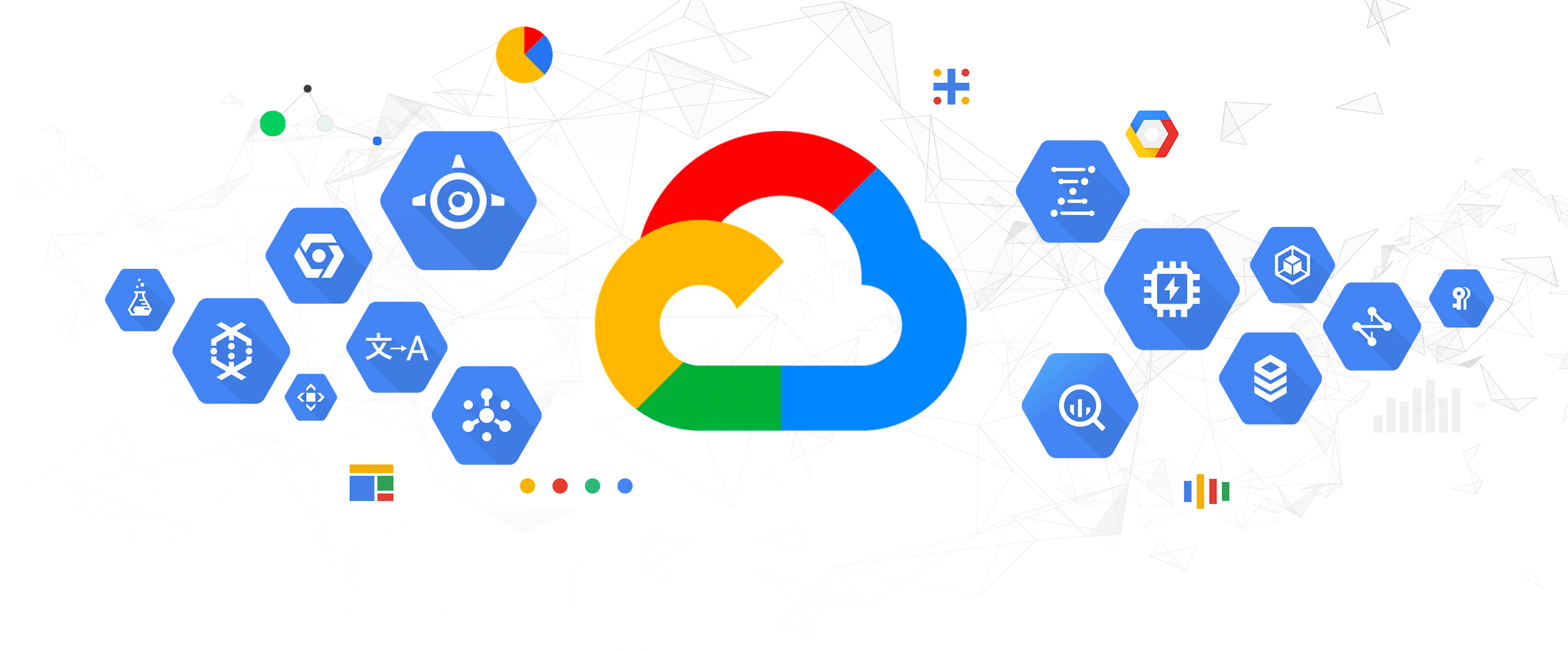Navigating a complex, omnichannel world with unpredictable customer demand
The COVID-19 pandemic has brought upheaval to nearly every industry, but nowhere is its impact more visible than in retail. Over the past year, it has upended nearly every retail category, exposing fragilities in ecommerce and fulfilment capabilities, business continuity plans, and supply chains.
While the impacts vary depending on the retail sector, COVID-19 has disrupted operations and reframed expectations across the board. Some retailers needed to rapidly add new channels such as order-and-collect to their mix to meet the needs of a world of social distancing.
Others had to rapidly scale up ecommerce, logistics and warehousing capabilities for extraordinary demand for online shopping and fulfilment. And most have needed to rethink their traditional marketing and merchandising strategies in the face of supply chain disruptions, new customer behaviours, and shifting demand patterns in a work-from-home world.
Online retail sales in the 60 biggest economies surged by over 30% in 2020. By 2025, online sales are expected to account for nearly 20% of total retail sales, up from 10% in 2019, according to The Economist Intelligence Unit.
Most retailers have done admirable work in rapidly adjusting to this new reality – whether by partnering with distributors and manufacturers to address surging demand for cleaning chemicals, home fitness and home entertainment products, enabling admin staff to work from home, or creating new safety protocols for customers and for employees in their stores.
Now, as they stabilise their businesses and prepare for a post-pandemic world, retailers face many of the challenges they did before COVID-19, but exacerbated and accelerated by the crisis. The fickle demands of the connected consumer, constant reconfigurations of local and global supply chains, the disruptive effect of emerging technologies and the rise of new competition – COVID-19 has intensified many of these trends.
The long-tail impact
Even with the commencement of vaccine rollouts in some countries, the impacts of the virus outbreak will be felt for many years. There can be little doubt that many consumer
purchasing patterns and behaviours have changed, possibly permanently – whether that’s increased spending on health products or decreased spending on fashion and beauty, a higher propensity to try new brands, or the growing preference for online shopping.
After months of lockdown, social distancing and repeated waves of COVID-19 infections, the only certainty for retailers is that the imperatives of digital transformation and customer-centricity are more urgent than ever. Operating models and consumer behaviour have changed for good, and there is no returning to the old normal.
Leading retailers are looking at how they can harness digital technologies to master this new world, including the Internet of Things, the cloud, big data and artificial intelligence (AI). There is a significant opportunity for forward-thinking retailers to embrace platforms that enable them to be more data-driven, agile, automated and efficient.
These leaders will harness technology to optimise operating efficiencies and deliver better customer experiences across every channel, from apps and ecommerce websites to their stores. Modernisation of their IT infrastructure via cloud platforms that can handle large volumes of real-time data is just the beginning.
Unleashing the trapped value in big data
To master a volatile environment and keep up with ever-evolving consumer behaviour, leading retailers will use real-time data to drive operational and strategic decisions. This comes at a time when retail organisations have access to rich, up-to-the-second data flowing into their businesses in unprecedented volumes and at high velocity.
This data is streaming into the business from numerous internal and external systems and sources. To name a few: sensors in warehouses and vehicles; CCTV video feeds in brick-and-mortar stores; geographical information systems; public databases; independent consumer research; point of sale systems; ecommerce platforms and supply chain partner systems.
Yet most retailers face major obstacles in using today’s abundance of structured and unstructured data to drive big data analytics, AI systems and new value chain models. They are wrestling with manual processes and poorly integrated systems, resulting in multiple sources of the truth, inadequate data security and governance, and trapped value.
Along with banking, retail is one of the two industries that will spend the most on AI solutions up to 2024, when global spending on AI will amount to more than $110 billion. The retail industry will largely focus its AI investments on improving the customer experience via chatbots and recommendation engines.
Most are running a mixture of modern and legacy systems and platforms, including marketing technology stacks, customer relationship management software, enterprise resource planning solutions and transactional systems. Getting a consolidated view of their customer and business in this fragmented environment is no easy task.
Data is often inconsistent and of poor quality, making it difficult to rely on it for insights. To use information to make timelier decisions, streamline operations, improve customer journeys and respond with more agility in a turbulent market, retailers need to put in place platforms and processes that enable them to:
- Organise and manage data so that it’s accessible to people who need it, but secure from everyone else.
- Integrate data from multiple sources to provide a single, comprehensive, contextual set of operational knowledge – for instance, applying smart analytics and AI to better predict demand and adapt operations to meet it.
- Leverage analytics to gain insights into customers, inventory, demand, financials and operational workflows.
CloudSmiths provides AI-powered and cloud solutions that enable retailers to build better customer experiences and optimise operational efficiency. The Google Cloud provides retailers with a flexible framework and scalable solutions that enable them to keep pace with rapid changes in consumer behaviour, the supply chain and the retail market.
Google Cloud
The Google Cloud technology solutions can help any merchant to better organise its information and make it accessible and useful to those within the organisation and outside it who need it. The Google Cloud platform uses open standards to help enable data sharing and interactive collaboration, while also providing a secure platform.
Data analytics and engineering
As a trusted Google Premier Partner for Data Analytics, CloudSmiths helps retail firms to use end-to-end big data processing and low-cost data warehousing solutions to uncover actionable insight from just about any data source. We can help enterprises to configure a data pipeline that automatically organises data from in-house systems and third-party platforms.
CloudSmiths has partnered with Looker – today part of the Google Cloud platform – to offer retailers a tool that can be tailored to their workflow and quickly adapt to changes. With Looker, companies can drive a multitude of data experiences, from modern business intelligence and embedded analytics to workflow integrations and custom data apps.
Looker’s business intelligence platform offers everyone in the business a customisable, 360° view across marketing, sales, customer service, and product data spectrums. Best-in-class analytics and data governance capabilities deliver a consistent and holistic view of the data that can be finely sliced and diced for actionable insights.
With an aggregated view of retail and ecommerce data, retailers can empower team members in marketing, sales, customer service, operations, and fulfilment to customise their own reports from a streamlined database. This democratises data and means business users don’t need to resort to error-prone, time-consuming retrieval methods to get insights.
AI and machine learning
Machine learning algorithms enable retailers to identify patterns in vast streams of data that would otherwise be difficult to identify. Companies can elevate automation by feeding machine learning insights into an AI solution that has been empowered to make smart decisions against given criteria.
For the Food, Drug, Mass retail value chain, application of AI and machine learning technologies could potentially drive between $280-650 billion in value by 2023 as adoption accelerates. For Speciality Retailers, these technologies could potentially deliver $230-520 billion in the same timeframe.
We help organisations to use machine learning to build cognitive systems that help them to optimise back office, operational, and customer-facing activities. Our machine learning solutions reliably learn from the data that they process and improve on their mistakes to ensure outputs and actions that are consistently accurate and relevant.
Some of the use cases include:
- Advanced analytics – AI and machine learning can help identify patterns human analysts would miss, enabling retailers to make granular predictions about new or short life cycle products, or to segment customers for microtargeting.
- Demand planning – Using advanced AI to accurately forecast demand, thus minimising stockouts, reducing excess inventory and avoiding unnecessary discounting.
- Digital marketing – Leveraging machine learning-powered digital marketing solutions to activate audiences and deliver personalised customer engagements.
- Price optimisation – AI can help shape pricing strategies according to factors such as seasonality, inventory levels and competitor pricing.
- Computer vision – Customers could use visual search to find a product by uploading an image, or AI could be used to recognise and tag branded digital assets.
- Back-office automation – Using cognitive intelligence, optical character recognition and machine learning to transform unstructured data (invoices, photographs, forms and so on) into structured data.
- Customer service and support – Deliver superior customer service while increasing operational efficiency through integrating AI-powered experiences into the digital storefront or contact centre.
Recommendations AI use case
Product recommendations are a powerful way to personalise the customer experience by helping people to discover products that match their tastes and preferences. With today’s AI-driven solutions, like Google’s Recommendations AI, retailers can use deep learning to serve customers with highly personalised product recommendations—based on their customer journey and with no manually curated rules or cumbersome recommendation models required.
Collaborating with CloudSmiths to become a data-driven business
Retailers work with CloudSmiths to become highly efficient, data-driven enterprises. Many clients collaborate with us to use our tried-and-tested methods for collecting and transforming data into relevant and reliable information, in turn driving better business outcomes such as operational improvements, more efficient customer acquisition and retention strategies, and richer omnichannel customer experiences.
Contact us to learn more about how our solutions enable you to build a more holistic view across the activities in your business.









